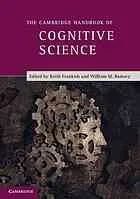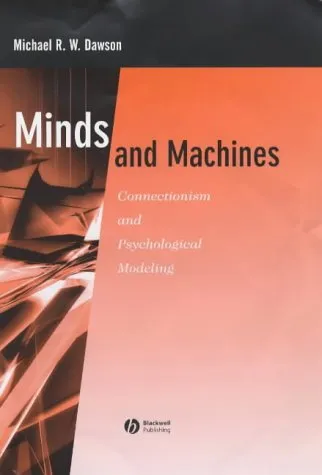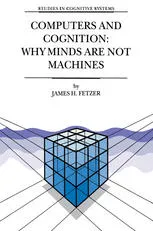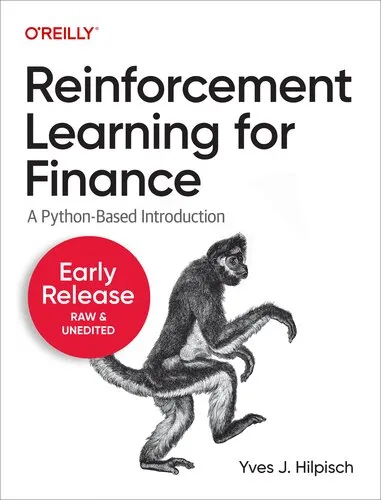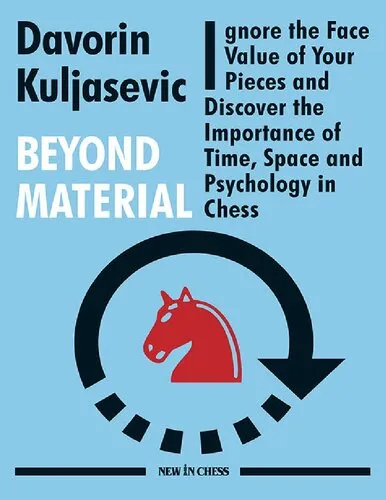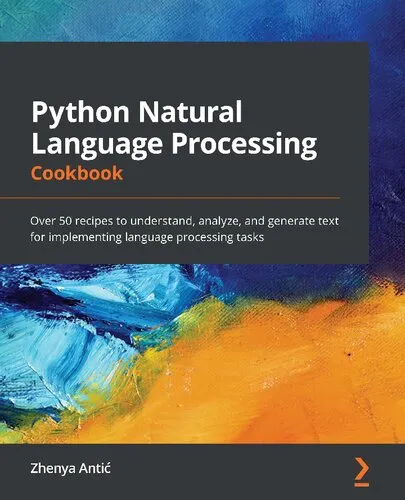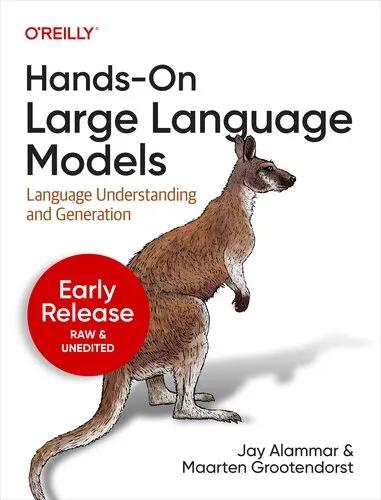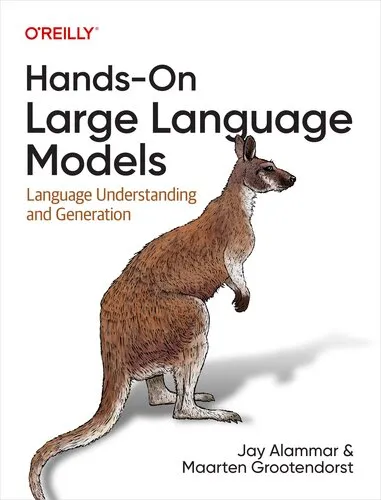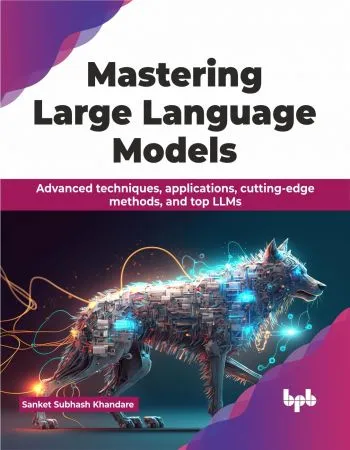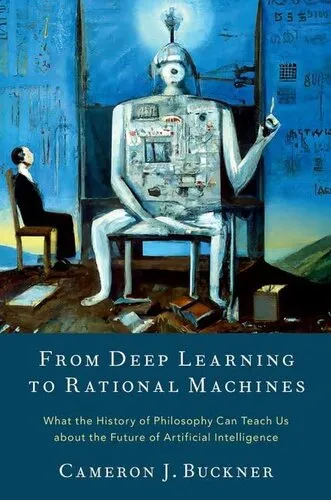The Cambridge Handbook of Cognitive Science
4.5
Reviews from our users

You Can Ask your questions from this book's AI after Login
Each download or ask from book AI costs 2 points. To earn more free points, please visit the Points Guide Page and complete some valuable actions.Related Refrences:
Detailed Summary of the Book
"The Cambridge Handbook of Cognitive Science," edited by Keith Frankish and William M. Ramsey, serves as a comprehensive compendium that captures the breadth and depth of cognitive science as a multidisciplinary field. Cognitive Science, as explored in this handbook, is an intersection of psychology, neuroscience, artificial intelligence, philosophy, linguistics, anthropology, and more, providing a holistic view into how humans perceive, understand, and act on information.
The book is structured to facilitate a deep understanding of cognitive science's major themes. Through contributions from leading scholars, it delves into various aspects like representational theories, cognitive architectures, and developments in cognitive neuroscience. Each chapter presents an in-depth examination of fundamental topics, such as perception, memory, decision-making, and language comprehension. Moreover, it also advances discussions on contemporary debates, including the nature of consciousness and the implications of cognitive science for human understanding.
By integrating diverse domains, the book not only elaborates on historical roots and foundational theories but also foregrounds emerging ideas and technologies influencing the field. Readers are guided through a cognitive odyssey that not only informs but also challenges traditional views, urging a rethinking of cognition and artificial intelligence's roles in modern science and society.
Key Takeaways
- Cognitive Science is quintessentially interdisciplinary, drawing from numerous domains to study the mind and intelligent behavior.
- The book highlights both classical theories and cutting-edge research, offering a balanced view of cognitive science's past and future.
- Chapters explore how traditional cognitive models are being reshaped by advancements in AI, leading to a new understanding of intelligence.
- Important debates include the modularity of mind, nature of consciousness, and whether human-like cognition can be synthesized artificially.
- Cognitive Science has practical implications in various fields, including mental health, education, and human-computer interaction.
Famous Quotes from the Book
"Understanding the human mind is crucial not only for unraveling the complexities of mental processes but also for enhancing artificial intelligence."
"Cognitive Science is the ultimate frontier of human inquiry, bridging the gap between natural and artificial intelligence."
Why This Book Matters
"The Cambridge Handbook of Cognitive Science" is indispensable for anyone seeking to grasp the intricacies of mind and intelligence. In an age where technology is rapidly evolving, understanding the conceptual and theoretical underpinnings of cognitive science is more important than ever. This book lays a crucial framework for both students and seasoned researchers to explore how cognition operates while considering these processes alongside technological advancements.
The handbook not only serves as a scholarly resource but also addresses contemporary issues and questions, making it relevant for a diverse readership. It tackles the essential question of what it means to think, providing insights that can spur innovation in technology, healthcare, and education. By shedding light on the interconnectedness of different scientific domains, this book underscores the potential for cognitive science to address some of the most pressing challenges of the 21st century.
Free Direct Download
You Can Download this book after Login
Accessing books through legal platforms and public libraries not only supports the rights of authors and publishers but also contributes to the sustainability of reading culture. Before downloading, please take a moment to consider these options.
Find this book on other platforms:
WorldCat helps you find books in libraries worldwide.
See ratings, reviews, and discussions on Goodreads.
Find and buy rare or used books on AbeBooks.
1481
بازدید4.5
امتیاز0
نظر98%
رضایتReviews:
4.5
Based on 0 users review
Questions & Answers
Ask questions about this book or help others by answering
No questions yet. Be the first to ask!
